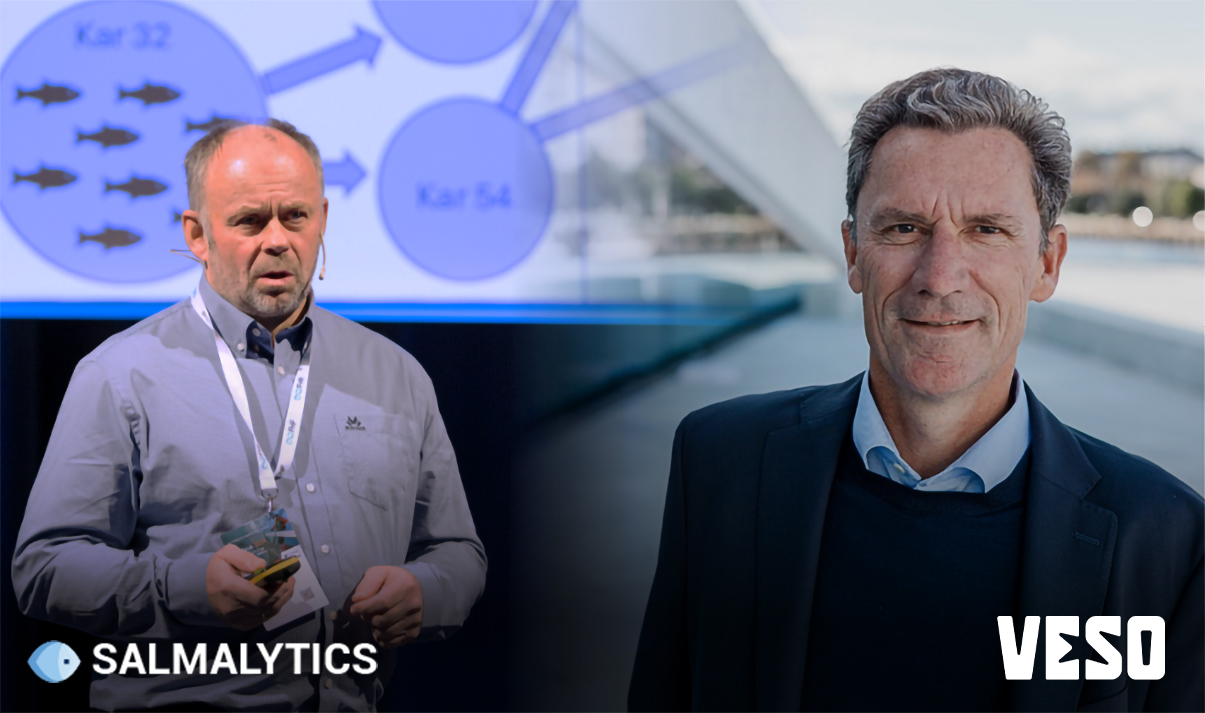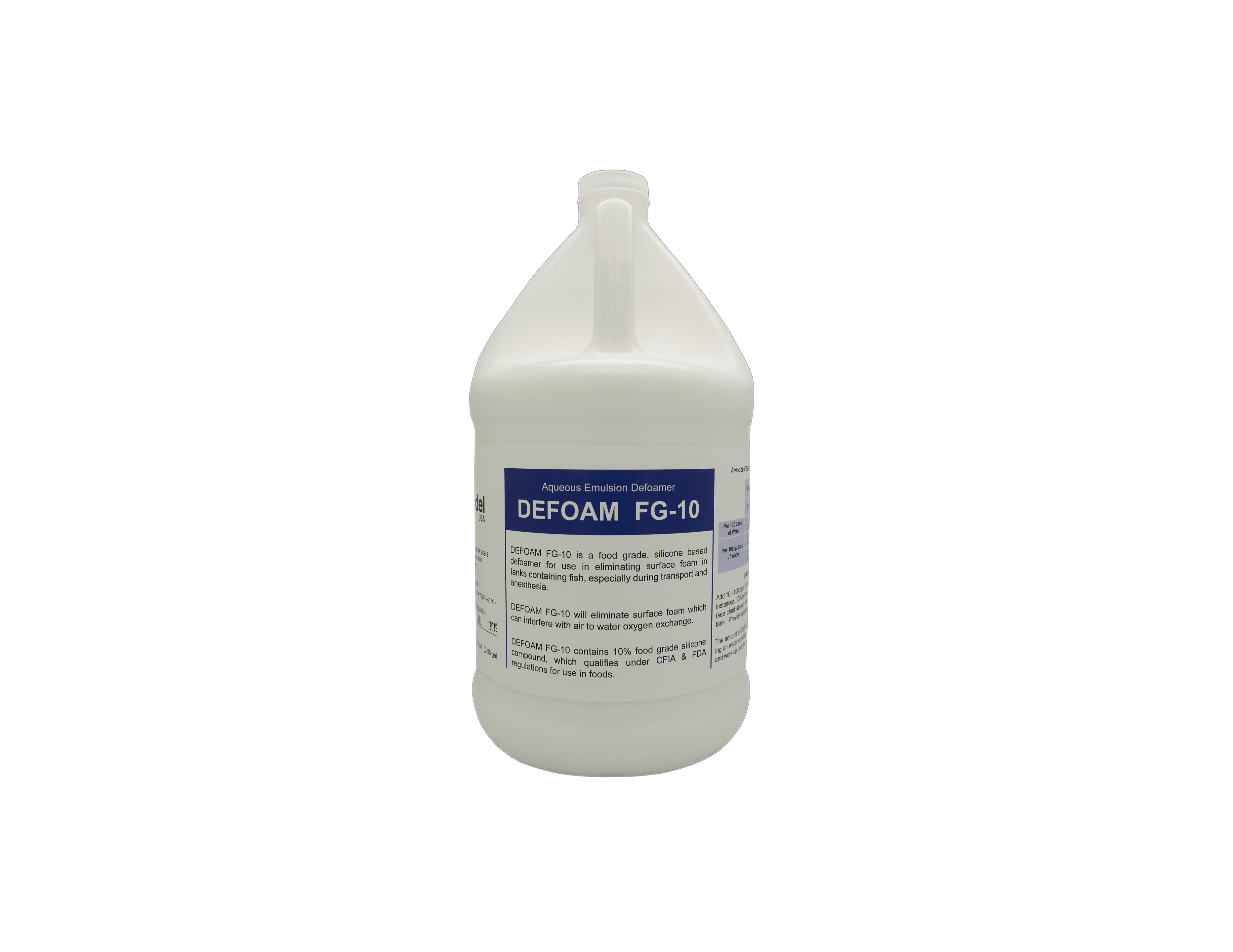
In the world of recirculating aquaculture (RAS), maintaining water quality is essential for fish health, making the biofilter the beating heart of any RAS project. The key to achieving this is fast and effective nitrification, performed by various bacteria species that help transform harmful ammonia into less toxic nitrate. This process is particularly vital in recirculating aquaculture systems (RAS), where not only ammonia but nitrite can quickly accumulate to toxic levels.
Fish generate ammonia as a natural byproduct of their metabolism, which can harm aquatic life when properly managed. Furthermore, high-protein feeds release a disproportionately high level of ammonia into the recirculating stream.
Nitrifying bacteria are highly functional species that combine to perform a two-step process that converts ammoniacal nitrogen (TAN) into nitrite and nitrate, significantly reducing water toxicity. The species, however, are amongst the slowest growing in the biofilter microbiome and are also susceptible to a range of shocks and competition from other opportunistic species.
There are many factors to consider when designing a biofilter—media section, media movement and hydraulic properties, adequate oxygen, and optimal pH and temperature are crucial. Operators in RAS must continuously monitor ammonia, nitrite, and nitrate levels to create a balanced aquatic ecosystem.
However, given the importance of nitrification, having the option to quickly establish the population of nitrifying bacteria and maintain that population and functionality should be part of every RAS operator's risk mitigation strategy.
RAS Right and RAS Right Marine feature a consortium of naturally occurring bacteria, including nitrifying species in a stable, concentrated, liquid form, specifically designed to support the nitrification process in RAS.
The RAS Right range of products has been used worldwide as a robust start-up strategy in all system types, from research scale to entire grow-out systems. The application rates can be modified depending on species, salinity, temperature and time constraints.
The use of RAS Right products improves water quality and promotes environmentally sustainable practices within the aquaculture industry. This innovation offers a promising path to maintaining healthy aquatic ecosystems and supporting sustainable fish farming practices.
Julian Beatty, NovaQ
About Us | Nova Q




